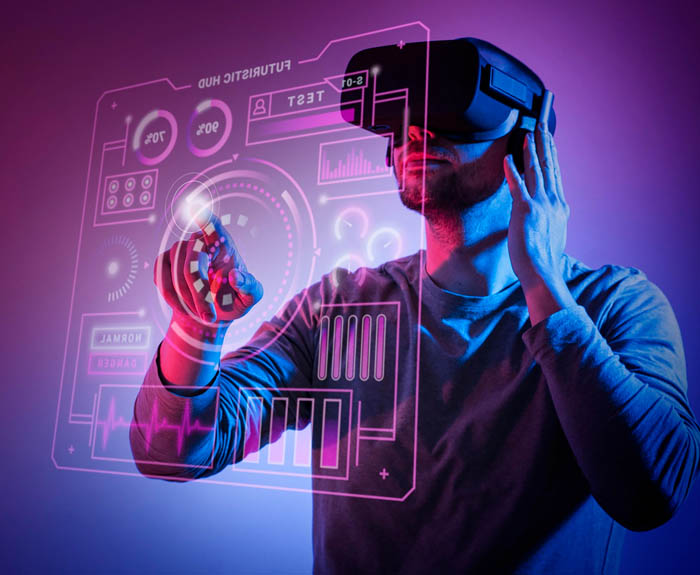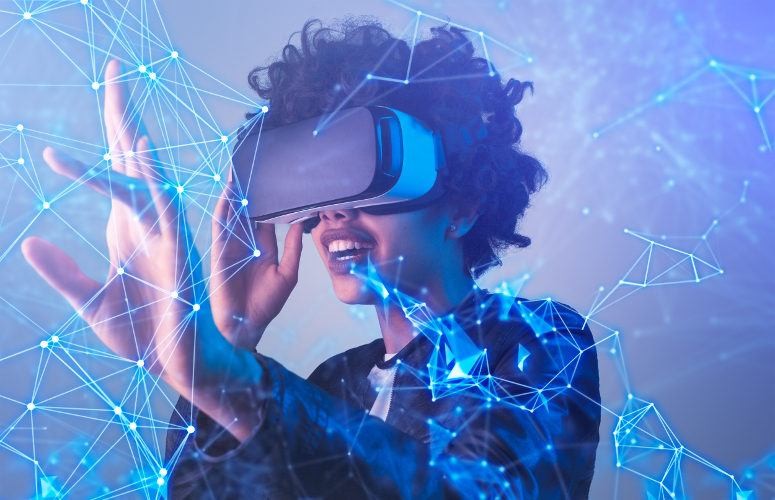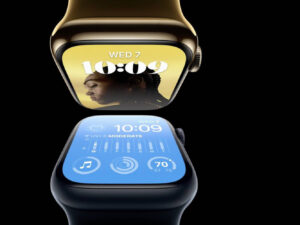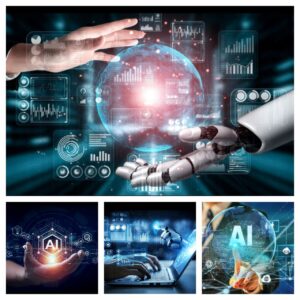The concept of Virtual Reality (VR) has been around for decades, but it’s only in recent years that we’ve seen a significant surge in its development and application. From gaming and entertainment to education and healthcare, VR is transforming the way we live, work, and interact with each other. In this blog post, we’ll explore the diverse uses of VR and how it’s poised to revolutionize various aspects of our lives.
Immersion in Gaming
Gaming is one of the most obvious applications of VR, and it’s an area where the technology has already made a significant impact. With VR headsets, gamers can immerse themselves in virtual worlds, experiencing games in a more realistic and engaging way. The sense of presence and immersion in VR gaming is unparalleled, making it a highly addictive and enjoyable experience.
It’s not hard to imagine a future where VR gaming becomes the norm, with gamers ditching their traditional consoles and PCs for more immersive and interactive experiences.
Education and Training

VR is also being increasingly used in education and training. By creating simulated environments, students can learn complex concepts in a more interactive and engaging way. For instance, medical students can practice surgeries without risking real lives, while pilots can train in simulated environments, reducing the risk of accidents.
Therapy and Treatment
VR is also being used in therapy and treatment of various mental health conditions, such as PTSD and anxiety disorders. Exposure therapy, which involves exposing patients to environments that trigger their anxiety, can be conducted in a controlled and safe virtual environment. This has shown promising results in reducing symptoms and improving the quality of life for patients.
Healthcare and Medical Research

VR is also being used in healthcare and medical research. With VR, doctors can visualize complex medical data, such as 3D models of organs, to better understand and diagnose diseases. Additionally, VR can be used to simulate surgeries, allowing doctors to practice and refine their techniques.
As VR technology continues to advance, we can expect to see even more innovative applications in healthcare and medical research, potentially leading to breakthroughs in disease diagnosis and treatment.
VR is also being used in architecture and real estate. With VR, architects can design and visualize buildings and spaces in a more immersive way. This allows them to identify potential design flaws and make changes before construction begins. In real estate, VR walkthroughs of properties can provide potential buyers with a more immersive and realistic experience.
Conclusion
In conclusion, VR is a technology with boundless potential, transforming various aspects of our lives. From gaming and entertainment to education and healthcare, VR is opening up new possibilities and opportunities. As the technology continues to advance, we can expect to see even more innovative applications of VR, potentially changing the way we live, work, and interact with each other.
Check This Out: Discover More
Also Read: Click Here


